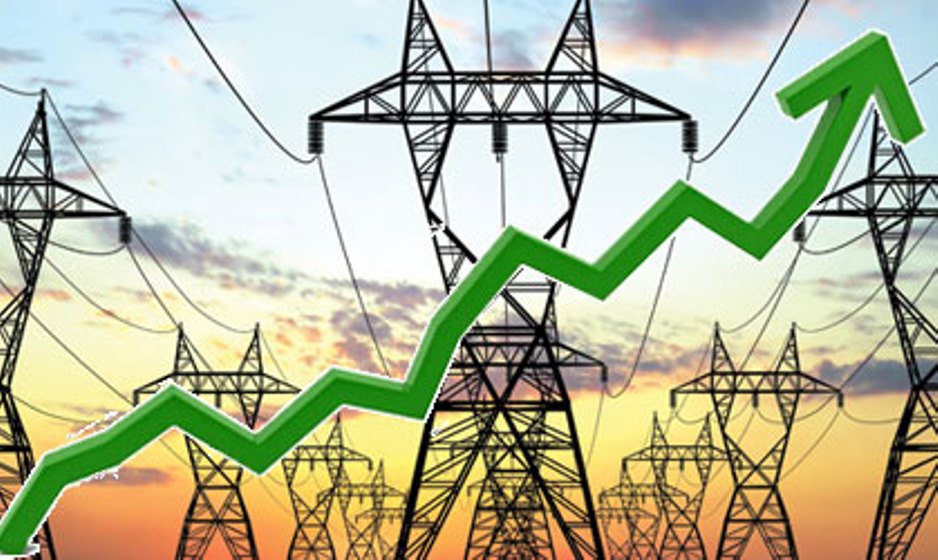The Distribution Companies (DisCos) have kickstarted the hike in electricity tariff which implies that consumers will now pay higher than what they were paying before now on electricity.
Although the hike came into effect in September, it was delayed for two months due to consumers and organized labours’ protests against it.
- WAEC releases 2020 WASSCE results
- We’re committed to controlling fake news on social media, FG insists
The Nigeria Labour Congress and the Trade Union Congress (TUC) had threatened to go on an indefinite strike, insisting that the electricity tariff hike was anti masses.
Sunday’s implementation of the electricity tariff came exactly seven years after the power sector was privatised on November 1, 2013, and at the time when some stakeholders were still complaining that the gains of the decision in the areas of metering, cheaper electricity and improved supply have not been felt.
Here is Daily Trust’s compilation of what you should know about the hike:
Why the Hike
According to analysts, the desire of the regulators to shift from non-cost-reflective tariffs that have caused a substantial shortfall in DisCos’ revenue and the Federal Government (“FG”) with the burden of funding the revenue gap or tariff shortfall was one of the major reasons for the hike.
New Tariff Plan
AEDC’s spokesman Oyebode Fadipe said: “Customers on the pre-paid (meter) platform will be the first to experience the revised tariff when they vend from Sunday, while the revised tariff will reflect in the bills for customers on the post-paid platform when they receive their electricity bill.”
Who is Affected?
As explained, the tariff was divided into five bands and based on hours of supply to the customers.
Customers on Bands D and E who have less than 12 hours daily power supply may not be affected.
NERC had in a statement “approved a deferment of the applicable tariffs for customers in service band D and E (that is customers with a service commitment of less than an average of 12 hours supply per day over a period of one month) for the period 1st September 2020 to 1st January 2021.
“Accordingly….customers in Bands D and E the tariffs applied prior to this Order, and shall only be allowed to charge the approved tariffs in this Order upon investments that improve quality of service experience thus migrating customers to higher service bands or another Order of the Commission.”
But those on Bands A (20 hours above), B (16 to 20 hours) and C (12 to 16 hours) will be affected in the hike.
Implementation
Those who announced the implementation of the new tariff hike are Abuja Electricity Distribution Company (AEDC), Kaduna Electricity Distribution Company, Kano Electricity Distribution Company, Ikeja Electricity Distribution Company, and Jos Electricity Distribution Company.

 Join Daily Trust WhatsApp Community For Quick Access To News and Happenings Around You.
Join Daily Trust WhatsApp Community For Quick Access To News and Happenings Around You.


